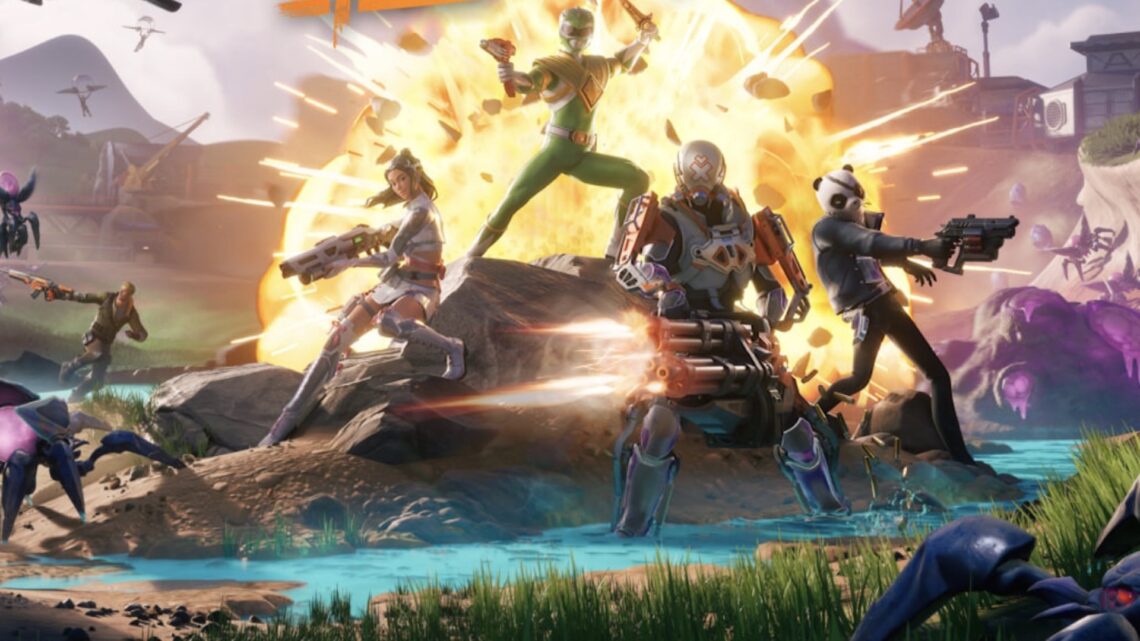Breaking Down the Walls Between Platforms
For decades, the gaming world has been divided by invisible walls built by hardware and brand loyalty. Xbox players stayed in their ecosystem, PlayStation fans had their own online world, and PC gamers often stood apart with their own communities and servers. That division created not only technical barriers but also cultural ones. Friends who owned different consoles couldn’t play together, even if they owned the same game. Today, that reality is rapidly changing with the rise of cross-platform play, a movement that is reshaping how people connect, compete, and cooperate in online games.Visit (무료슬롯) for more details.
What Is Cross-Platform Play?
Cross-platform play, often called crossplay, is the ability for players using different gaming systems—such as PlayStation, Xbox, PC, Nintendo Switch, or even mobile devices—to play together in the same online environment. What used to be a dream for gamers has now become an expected feature in many popular titles. Games like Fortnite, Call of Duty: Warzone, Rocket League, and Minecraft have set new standards by breaking down hardware barriers and creating unified player bases. The concept might sound simple, but its impact on the gaming industry, technology, and community culture is profound.
Overcoming Technical Challenges
The technical challenges of crossplay were once a major obstacle. Each platform has its own network architecture, security systems, and online policies. Synchronizing them in real time, while maintaining fairness and data integrity, required complex solutions. Developers had to balance input methods too—a player with a keyboard and mouse might have a precision advantage over someone using a controller. Modern crossplay games address this by implementing skill-based matchmaking, input-based lobbies, and optimized netcode to ensure a smooth and fair experience. Advances in cloud computing, faster internet speeds, and unified development tools such as Unreal Engine and Unity have made crossplay integration more feasible than ever.
The Business Benefits of Crossplay
From a business standpoint, cross-platform play is a win-win for developers and players alike. Traditionally, limiting players to one console reduced the potential audience for a multiplayer game. Crossplay expands that audience exponentially. A player on PC can now invite their console friends without hesitation, which increases engagement and longevity. Developers benefit from larger player pools, healthier matchmaking times, and a more sustainable ecosystem. For free-to-play games that rely on in-game purchases, a unified audience also drives more consistent revenue streams. In essence, cross-platform play eliminates the fragmentation that once split gaming communities apart.
A Social Revolution in Gaming
The social impact of this shift is equally important. Online gaming has always been about connection, but those connections were once limited by the devices people owned. Crossplay allows friends to play together regardless of platform, creating stronger communities that prioritize shared experiences over brand loyalty. It also encourages inclusivity, as gamers no longer need to worry about owning the “right” console to join their friends. Family members can now play the same game together even if they use different systems. This has helped online gaming evolve into a truly global social platform, uniting people in ways that were impossible a decade ago.
Impact on Esports and Competitive Gaming
Cross-platform play is also changing the competitive gaming and esports landscape. In the past, tournaments were often organized by platform, which restricted participation and viewership. With crossplay, competitive scenes can bring together players from every device, raising the skill ceiling and intensifying competition. It also allows smaller platforms to participate in large-scale events without being overshadowed. The move toward universal play is making esports more accessible, global, and diverse.
The Challenges Ahead
Of course, cross-platform gaming is not without its challenges. Balancing gameplay across different hardware remains a sensitive issue. Performance differences between PCs and consoles can create uneven playing fields. Some players worry about input fairness, especially in shooter games where precision is key. Developers must also navigate corporate politics, as not all platform holders are equally open to sharing their ecosystems. In the past, Sony faced criticism for initially resisting crossplay, though it later adapted in response to community demand. Despite these hurdles, the momentum toward full cross-platform support continues to grow.
The Emergence of Cross-Progression
Another emerging aspect of cross-platform play is cross-progression—the ability to carry progress, items, and achievements between platforms. Players no longer have to restart their journey when switching from console to PC or vice versa. Games like Fortnite, Apex Legends, and Destiny 2 allow seamless progression through connected accounts. This trend not only enhances convenience but also strengthens loyalty to specific games rather than specific devices. As cloud gaming services expand, cross-progression will likely become a universal standard.
A Glimpse Into the Future of Gaming
The long-term implications of cross-platform play extend beyond convenience. It signals a cultural shift in gaming, one that prioritizes community, connection, and freedom over exclusivity. For younger generations, playing with friends across platforms is no longer a novelty—it is the norm. This expectation is reshaping how developers design multiplayer experiences from the ground up. Future games will likely launch with crossplay as a core feature rather than an optional add-on.
As technology continues to advance, the line between platforms will fade even further. Cloud-based gaming, universal accounts, and unified friend lists will make the concept of platform exclusivity feel outdated. The industry is moving toward a future where what matters most is not where you play, but how you play and who you play with.
Conclusion
Cross-platform play represents more than just a technical innovation—it embodies the spirit of modern gaming. It breaks barriers, unites communities, and reminds players that at its heart, gaming is about connection and shared joy. The walls between consoles are coming down, and what’s emerging is a single, global playground where everyone belongs.Visit (무료슬롯) for more details.


